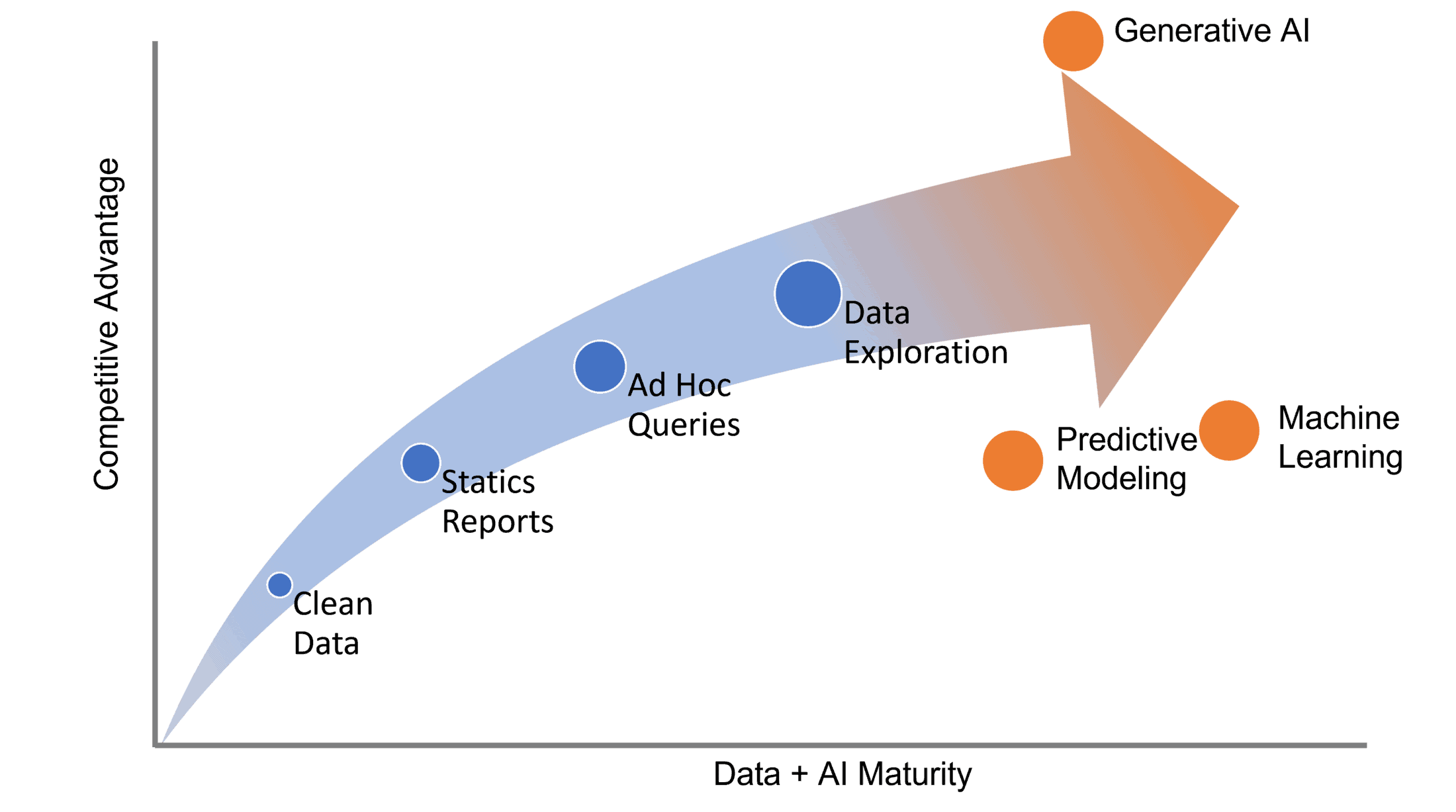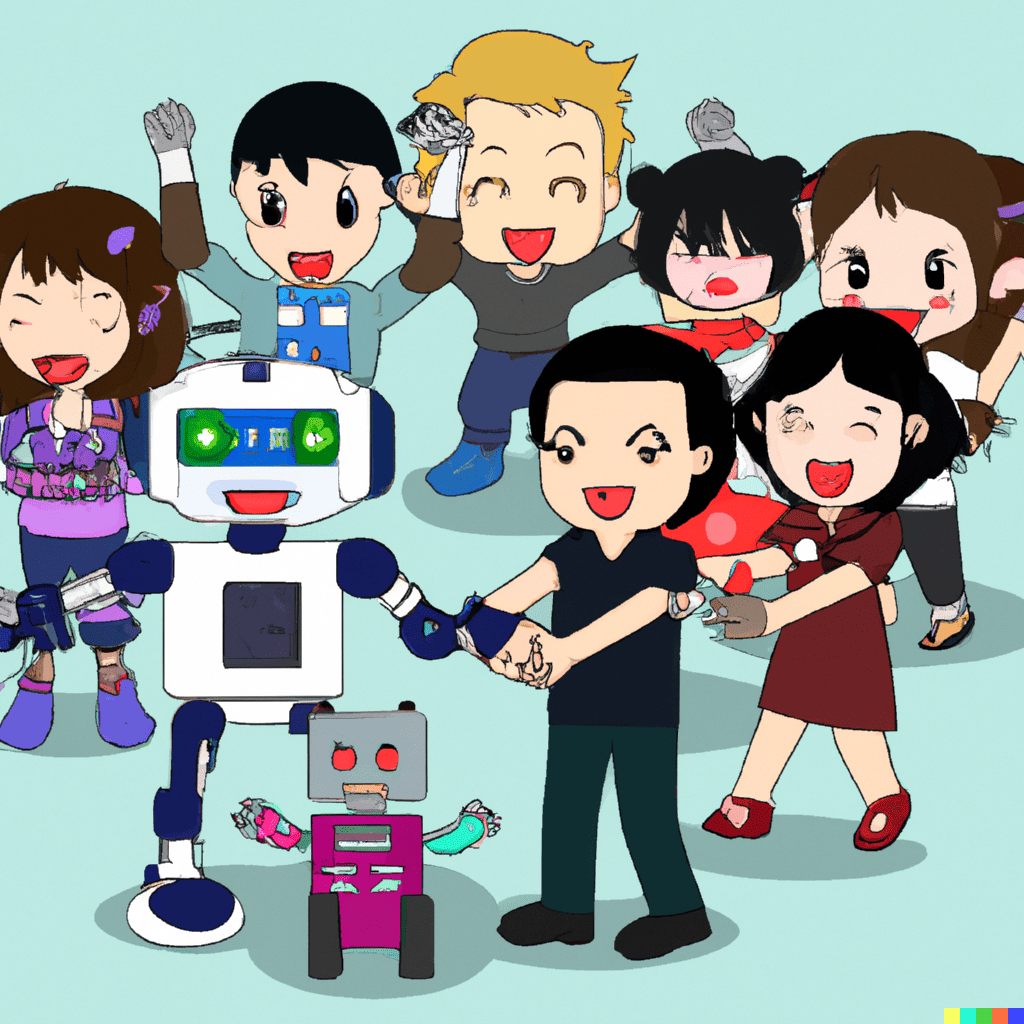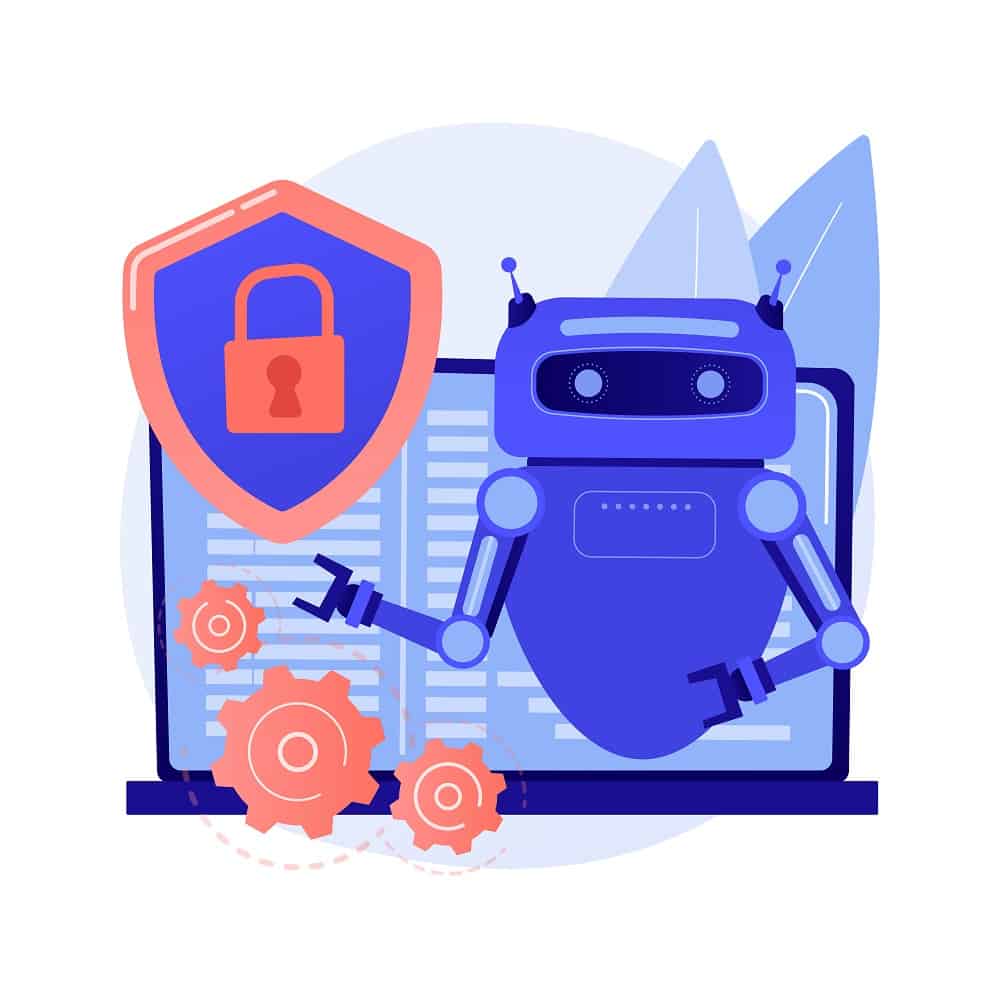An Introduction to Generative AI and its Transformative Potential for Enterprises
Generative AI is revolutionizing business in every industry by unleashing unprecedented creativity and automation, with enterprises experiencing increased sales, improved customer engagement, and significant cost savings.
Generative AI is Transforming the World
In the realm of Artificial Intelligence (AI), innovation is advancing at an unprecedented pace. The emergence of generative AI has shattered boundaries, revealing the astonishing capabilities of artificial intelligence. Imagine a technology that can instantly produce captivating content – written words, stunning visuals, and even harmonious melodies. Generative AI, supported by machine learning algorithms, has opened the door to a world where creativity knows no limits.
The revolution is already underway.
In a mere two months after its launch, ChatGPT, the chatbot developed by OpenAI, amassed a staggering 100 million users. In comparison, TikTok, one of the fastest-growing apps in history, took 9 months to gain 100 million users.1 People worldwide are embracing this groundbreaking technology, propelling it into uncharted realms of user adoption.
A study by McKinsey & Co. suggests that generative AI could automate 50% of current work activities2, liberating professionals from mundane tasks and empowering them to focus on higher-value endeavors. Microsoft’s Chairman and CEO, Satya Nadella, envisions a future where every Microsoft product boasts the extraordinary capabilities of AI.3 The transformative influence of generative AI is undeniable, reaching far beyond the confines of traditional business practices.
Enterprises that have eagerly embraced this technological advancement are already reaping the rewards.
An Australian fashion retailer experienced a remarkable 30% increase in sales and a 20% surge in customer engagement after implementing ChatGPT for personalized product recommendations.4 On a broader scale, McKinsey estimates that generative AI could inject $2.6 trillion to $4.4 trillion annually across a diverse range of 63 analyzed use cases.5 Generative AI has shown a faster time-to-value and better ROI than previous machine learning (ML) approaches.
Prepare for a paradigm shift as AI models like ChatGPT and DALL-E reshape the way we do business. These advancements will permeate every facet of enterprise operations, forever altering the way we perceive and harness AI’s potential. It’s time to acknowledge the profound impact of AI on human performance and embrace a future where machine learning propels us towards unimaginable horizons.
Smartbridge has developed our very own solution accelerator for enterprise knowledge management. Get to know SmartbridgeGPT, built on Azure OpenAI.

Figure 1: Generative AI can be run in parallel with predictive modeling and machine learning. A combination of generative AI and traditional machine learning will enable an enterprise’s full AI transformation. (Original idea adapted from Databricks, with modifications based on Smartbridge’s understanding)
What is Generative AI and How Can It Be Used?
Generative AI harnesses the power of computer algorithms to produce outputs that closely resemble human-created content. Whether it’s generating text, images, music, graphics, or even computer code. ChatGPT is an example of generative AI. At the heart of ChatGPT lies the GPT (generative pre-trained transformer) model, which is a Large Language Model (LLM), employing a neural network algorithm akin to the complex workings of the human brain.
Engaging with generative AI is a remarkable experience. Users simply input their requests or prompts, and in return, they receive a creative piece generated by the algorithm. The applications are vast and far-reaching6:
Among the notable players in the realm of generative AI aside from ChatGPT are OpenAI’s DALL-E, Microsoft’s Bing, Google’s Bard, Midjourney, and GitHub Copilot.

Figure 2: an AI-generated image showing the good relationships between workers and AI (robots). Image generated by DALL-E.
Generative AI Use Cases
Generative AI exhibits a wide array of applications across diverse industries, demonstrating its potential for innovation and advancement. Below are some examples7:
Oil and Gas
In the oil and gas industry, knowing the system behavior and its observed data without prior knowledge of the model that generated it is a common scenario that is called the inverse problem. It spans to various use cases such as generation of synthetic data to fill gaps in historical (production)/transactional (operations) data or direct/indirect measurements for reservoir analysis, equipment, chemical processes, and facilities simulation.
Ensuring dataset quality and interpretation greatly impacts model precision but can take a long time to prepare using traditional ML approaches. Traditional ML approaches also face challenges with limited samples and labeling. Generative Adversarial Networks (GANs) offer effective solutions in this domain, enabling advancements in well logging, lithology identification of complex rock structures, missing oilfield data, multiphase flow reservoir simulation, and more.
On the other hand, LLMs are able to enhance Natural Language Processing and inference to develop geoscience and industry-specific language processing solutions, empowering geoscientists, engineers, and industry users to automate analysis, gain insights, and find answers within large datasets.
Marketing
Generative AI automates generating personalized content for marketing by leveraging customer data. For example, it can power customized product recommendations based on an individual’s purchase history and browsing behavior. It can also strengthen customer engagement and reduce man-hours by crafting personalized marketing campaigns. CarMax harnesses Azure OpenAI Service to summarize customer reviews, saving the editorial team 11 years of work.8 This boosts customer engagement and empowers the team for more creative content.
Healthcare
Generative AI in healthcare improves patient outcomes and reduces costs, enabling proactive assistance in diagnosis, prevention, risk prediction, and drug discovery.9 Paige.AI utilizes generative AI for enhanced cancer detection, with plans to integrate patient records (knowledge mining) for diagnosis. Additionally, generative AI can streamline administrative tasks, which is projected to save healthcare providers 3 hours daily.9
In MedTech, it helps optimize designs for prosthetics and implants and provides real-time, on-demand surgical insights inside operation rooms. 9 McKinsey’s report indicates generative AI’s potential to accelerate lead identification in drug discovery, shortening the timeline from months to weeks.5
Construction
Generative AI holds significant potential in the construction industry, offering automation for architects and designers to visualize plans, incorporate sustainable materials, ensure regulatory compliance, and enhance building efficiency.10 Designers can generate initial concept images using graph-generating AIs like Stable Diffusion, Midjourney, and DALL-E. Large Language Models (LLMs) can help with material sourcing, reducing research time and facilitating optimal selection while providing insights into product performance. Moreover, generative AI aids in risk reduction by identifying material-system incompatibilities, thereby mitigating future rework costs.
Using generative AI, enterprise can leverage the wealth of safety data at their disposal, and enhance their ability to predict and mitigate risks in construction projects. They can identify patterns and suggest preventative measures to avoid future incidents. The ability of LLMs built for the specific entity to provide comprehensive, tailored, and accurate answers in natural language further supports informed decision-making processes within the construction domain.
Food and Beverage
Generative AI has emerged as a game-changer for the food and beverage industry, enabling rapid product development that aligns with emerging trends and facilitates market expansion. Foodpairing has developed a state-of-the-art Generative AI model to explore and discover captivating flavor combinations.11 Tastewise, a leading AI-powered market intelligence platform dedicated to the food and beverage sector, introduced TasteGPT, to empower users to unlock a world of culinary creativity.12
Customer Services
Generative AI can enhance customer service by offering tailored recommendations and solutions. For instance, chatbots equipped with generative AI can troubleshoot customer issues on the fly while waiting for an available representative, potentially reducing the need for representatives’ intervention altogether in many cases and thus reducing costs. It can also analyze customer feedback, extracting and identifying key products or experience improvements and bolstering overall customer satisfaction.5
Human Resources
Generative AI offers numerous benefits to the Human Resources (HR) field across various areas. It can assist in creating job descriptions, supporting employees, facilitating onboarding and training, promoting diversity and inclusion, and providing guidance on HR policies.13 Generative AI can help employers create more inclusive job descriptions and reduce potential bias in the hiring process.14
By incorporating generative AI into knowledge management, organizations can foster knowledge sharing, offer personalized learning and development plans, and enable employees to access HR policy information through natural conversations. Moreover, generative AI has the potential to support employee well-being by providing personalized recommendations for stress management, achieving work-life balance, and more. Additionally, it is expected to generate personalized feedback on employee performance, thereby enhancing performance management.
In summary, generative AI’s impact on oil and gas, marketing, healthcare, construction, food and beverage, customer services, and HR is reshaping industries, and fostering efficiency, personalization, and transformative advancements.
Addressing Concerns and Embracing Opportunities
While generative AI has captured significant attention, it is crucial to acknowledge the concerns surrounding its adoption. Security, privacy, ethics, intellectual property (IP), and information accuracy have emerged as key considerations.15 For instance, safeguarding data security during model training and inferencing raises concerns about proprietary data exposure and potential leaks of sensitive information. Businesses employing generative AI must demonstrate their compliance with legal and regulatory obligations, ensuring data and algorithmic fairness and guarding against biases. It is essential for enterprises to proactively address potential pitfalls. Despite these concerns, many risks associated with generative AI can be mitigated.

Forgoing generative AI adoption altogether carries its own set of risks, potentially leaving companies behind in the AI race. By approaching this technology with an open mind and building a multidisciplinary team of experts including data scientists, legal professionals, and business leaders, enterprises can strike a balance between risk management and reaping the benefits.
Smartbridge is a Microsoft cloud partner with a solution designation in Data & AI. We help companies enable their AI capabilities through the most advanced technology platforms. Let’s embark on this journey together, harnessing the power of generative AI while safeguarding the integrity and security of our enterprises.
This article was written as a collaborative effort between our data scientists, Cecile Wang and Ricardo Soto, and Managing Director of Innovation & Analytics, Rajeev Aluru.
References
- ChatGPT sets record for fastest-growing user base – analyst note | Reuters
- AI automation could take over 50% of today’s work activity by 2045: McKinsey (cointelegraph.com)
- AI tools will be built into all Microsoft products, says CEO Satya Nadella | Windows Central
- (23) From AI to ROI: how ChatGPT can help Australian CEOs increase their bottom line? | LinkedIn
- Economic potential of generative AI | McKinsey
- How Generative AI Is Changing Creative Work (hbr.org)
- How generative AI & ChatGPT will change business | McKinsey
- Microsoft Customer Story-CarMax puts customers first with car research tools powered by Azure OpenAI Service
- How Generative AI is Transforming Healthcare | BCG
- Generative AI In The Construction Sector: Taking Building Technology To New Heights (forbes.com)
- https://www.foodpairing.com/industry/post/generative-ai-in-npd/
- Tastewise Unveils TasteGPT, the New Generative AI That Predicts What and How We Eat – Food Industry Executive
- Generative AI Knowledge Management: Revolutionizing Information and Employee Support (rezolve.ai)
- (23) How Generative AI is Being Used to Promote Diversity and Inclusion in Hiring Practices | LinkedIn
- Hallucinations, Plagiarism, and ChatGPT (datanami.com)
Looking for more on AI/ML?
Explore more insights and expertise at smartbridge.com/ai
There’s more to explore at Smartbridge.com!
Sign up to be notified when we publish articles, news, videos and more!
Other ways to
follow us:



